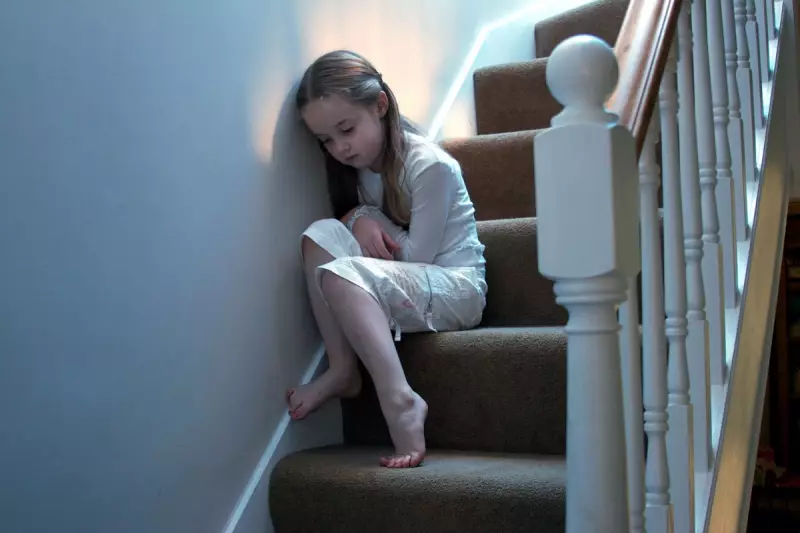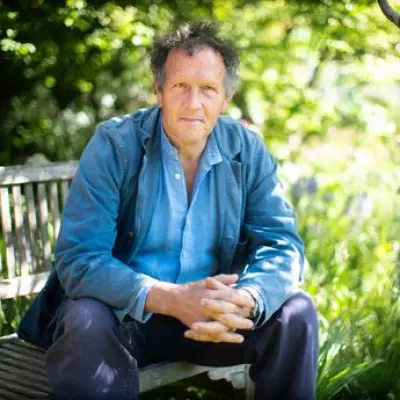
Childhood verbal abuse—often dismissed as harmless or less damaging than physical abuse—can leave deep psychological scars that persist into adulthood, according to a groundbreaking new study. Researchers are now calling for verbal abuse to be officially recognised as a distinct form of child maltreatment, alongside physical and sexual abuse.
The Silent Epidemic
Unlike physical abuse, which leaves visible marks, verbal abuse operates in the shadows—yelling, belittling, or constant criticism that erodes a child's self-worth. The study, conducted by a team of psychologists and child welfare experts, analysed decades of research and found that victims of verbal abuse face similar risks of depression, anxiety, and self-harm as those subjected to physical violence.
Key Findings:
- Long-term mental health impacts of verbal abuse mirror those of physical abuse
- Victims are three times more likely to develop personality disorders
- Many adults who experienced childhood verbal abuse report difficulty forming healthy relationships
A Call for Change
"We need to stop minimising the impact of words," says Dr. Sarah Thompson, lead author of the study. "Telling a child they're worthless or stupid can alter their brain development just as significantly as physical harm." The research team is urging policymakers and child protection agencies to update their definitions of abuse to include persistent verbal aggression.
What Parents Should Know
- Avoid personal attacks—criticise behaviour, not the child
- Be mindful of tone—how you say something matters as much as what you say
- Create a safe space for open communication
With growing awareness of mental health issues, experts hope this research will spark important conversations about emotional wellbeing in childhood development.





